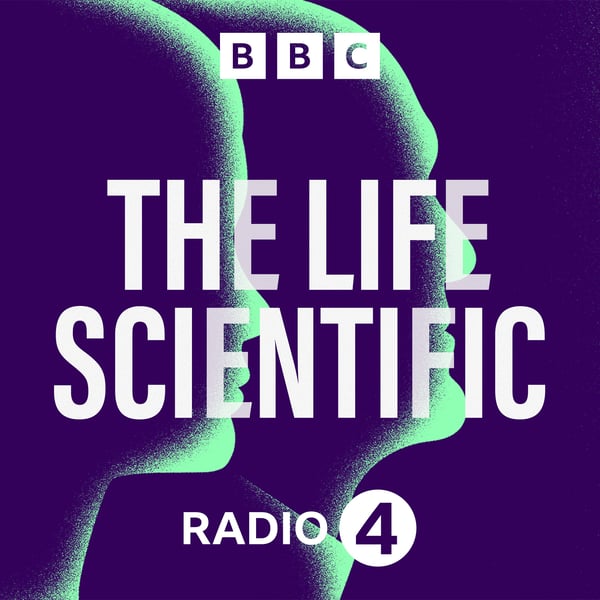John O'Keefe on memory
The Life Scientific
BBC
4.6 • 1.4K Ratings
🗓️ 10 March 2015
⏱️ 28 minutes
🧾️ Download transcript
Summary
Transcript
Click on a timestamp to play from that location
| 0:00.0 | You're about to listen to a BBC podcast and I'd like to tell you a bit about the |
| 0:03.8 | podcast I work on. I'm Dan Clark and I commissioned factual podcasts at the BBC. |
| 0:08.6 | It's a massive area but I'd sum it up as stories to help us make sense of the forces shaping the world. |
| 0:15.0 | What podcasting does is give us the space and the time to take brilliant BBC journalism |
| 0:20.0 | and tell amazing compelling stories that really get behind the headlines. |
| 0:23.7 | And what I get really excited about is when we find a way of drawing you into a subject |
| 0:28.3 | you might not even have thought you were interested in. |
| 0:30.2 | Whether it's investigations, science, tech, politics, culture, true crime, the environment, |
| 0:36.1 | you can always discover more with a podcast on BBC Sounds. |
| 0:39.8 | Hello and welcome to the podcast of the Life Scientific, first broadcast on BBC Radio 4. |
| 0:46.1 | I'm Jemalkelely and my mission is to interview the most fascinating and important scientists |
| 0:51.5 | alive today. |
| 0:53.4 | My guest today is a man who spends his time thinking about how we think, and being a scientist |
| 0:59.7 | testing his thoughts by doing experiments. John O'Keefe is a neuroscientist, a professor at University College London |
| 1:06.0 | and the winner of the 2014 Nobel Prize for Physiology or Medicine. |
| 1:10.0 | He won the prize for his description of place Cells, that is Cells in Our Brains that fire up when we arrive in a particular location. The Norwegian husband and wife team Maybritt and Edvard Moser shared the prize with John for their discovery of so-called |
| 1:25.2 | grid cells. And together these specialized cells in our brains, place cells and grid cells, |
| 1:31.8 | form a kind of internal GPS. |
| 1:35.0 | Back in 1971, many scoffed at John O'Keefe's idea of place cells, |
| 1:40.0 | but it's now widely accepted. |
| 1:42.0 | John O'Keefe, welcome to the Life Scientific. |
| 1:44.0 | Thank you, pleased to be here. |
... |
Transcript will be available on the free plan in -3671 days. Upgrade to see the full transcript now.
Disclaimer: The podcast and artwork embedded on this page are from BBC, and are the property of its owner and not affiliated with or endorsed by Tapesearch.
Generated transcripts are the property of BBC and are distributed freely under the Fair Use doctrine. Transcripts generated by Tapesearch are not guaranteed to be accurate.
Copyright © Tapesearch 2025.

